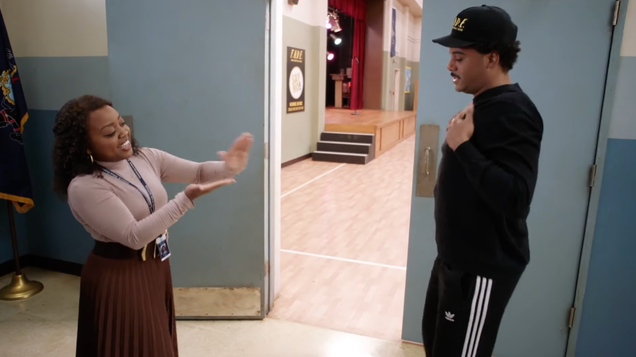When we talk about Black America, we often think of it as a singular, unified entity—a monolith, if you will. But even within this community, there are voices that are continually sidelined, voices that disrupt the status quo. Today, we dig deep into an often-overlooked element of Black America: the LGBTQ voices that are not just challenging but redefining boundaries.
Where the Edges Blur
Let's start by acknowledging that boundaries are nothing but mental constructs. Like that invisible line on a basketball court that says, "Step over me, and you're out of bounds," these societal lines often feel arbitrary and stifling. Now, what happens when you're already seen as "out of bounds" by mainstream society because you're Black, and then, you double down on challenging norms by identifying as LGBTQ? You become a subversive hero, a modern-day freedom fighter, a living, breathing challenge to societal boundaries.
A Daily Ritual to Reflect
You know that first sip of coffee in the morning? It's like a mini-revelation, a moment to gather your thoughts. I urge you to make that coffee time your "Reflection Ritual." Think about the boundaries you have placed on yourself and others. Could you be contributing to the silencing of voices within your community, maybe inadvertently? A minute or two to ponder this can make a world of difference. This is your chance to change the narrative, one thought at a time.
Breaking Free, Inspiring Awe
The stories of LGBTQ Black Americans aren't just stories of marginalization; they're epics of resilience, defiance, and breakthroughs that could rival any superhero saga. Imagine James Baldwin setting the literary world ablaze with "Giovanni’s Room," Audre Lorde spearheading feminist theory, or RuPaul sashaying into mainstream consciousness. These moments didn't just stir up feelings; they left us in awe. They're the kind of stories that send chills down your spine and make you want to stand up and applaud. And they're the kind of stories we should be sharing, stories that inspire us to break our own chains and challenge our own boundaries.
The Ever-Changing Storyline
The beauty of life is that it's not a static novel but an ever-evolving series. Every episode brings new characters who challenge the storyline's boundaries—your boundaries. So, let's enrich our community’s narrative by celebrating those LGBTQ voices that have not just survived but thrived, despite operating in spaces where they've been doubly marginalized. These voices enrich our collective story, making it far more vibrant, textured, and intriguing.


